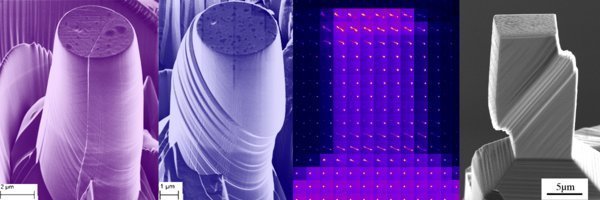In this project, we investigate the segregation behavior and complexions in the CoCrFeMnNi high-entropy alloys (HEAs). The structure and chemistry in the HEAs at varying conditions are being revealed systematically by combining multiple advanced techniques such as electron backscatter diffraction (EBSD) and atom probe tomography (APT).


